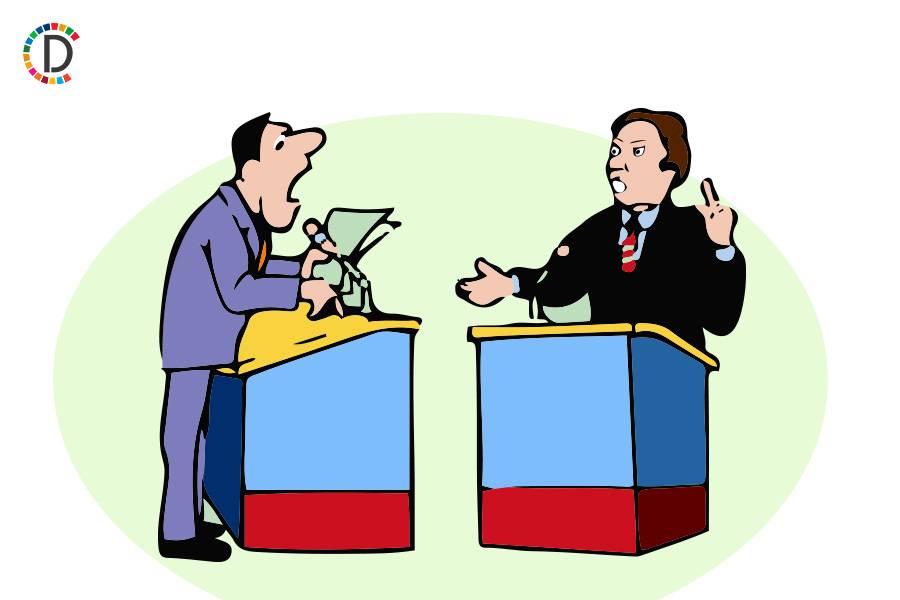Putin and Xi Unite: Countering Western Influence at SCO Summit
Russian President Vladimir Putin and Chinese President Xi Jinping are set to meet at the Eurasian SCO summit to counter Western influence. They aim to deepen cooperation within the organization and project their influence across Asia. The summit will also include bilateral meetings with leaders of Turkey, Azerbaijan, Mongolia, and Pakistan.

Russian President Vladimir Putin and China's Xi Jinping are due to meet on Wednesday at a summit of a Eurasian security and defence club seen by Moscow and Beijing as an instrument to counter the influence of the United States and its allies. Putin and the Chinese president have expanded the Shanghai Cooperation Organisation (SCO), a club founded in 2001 with Russia, China and Central Asian powers, to include India, Iran and Pakistan as a counterweight to the West.
Putin will hold a series of bilateral meetings on Wednesday on the sidelines of the July 3-4 SCO summit in the Kazakh capital, Astana, the Kremlin said. He is due to meet Xi, Turkish President Tayyip Erdogan and the leaders of Azerbaijan, Mongolia and Pakistan before an informal dinner hosted by Kazakh President Kassym-Jomart Tokayev.
India said Prime Minister Narendra Modi, who is expected in Moscow later this month, will not attend. He is sending Foreign Minister Subrahmanyam Jaishankar instead. Russia and China regard the SCO, which promotes common approaches to external security threats such as drug trafficking and focuses on countering any domestic instability, as a means to project their influence across Asia.
"The leaders of the SCO member countries will discuss the current state and prospects for further deepening multifaceted cooperation within the organisation and improving its activities," the Kremlin said in a statement. At last year's virtual summit, the group issued a statement critical of what it called the negative impact of "unilateral and unlimited expansion of global missile defence systems by certain countries or groups of countries", without directly referring to NATO expansion and Western military assistance to Ukraine.
'NO LIMITS' PARTNERSHIP China and Russia declared a "no limits" partnership in February 2022 when Putin visited Beijing, days before he sent tens of thousands of troops into Ukraine. Since then, Xi and Putin have deepened their partnership.
Xi and Putin believe the U.S-dominated post-Cold War era is crumbling. The U.S. casts China as its biggest competitor and Russia as its biggest nation-state threat. U.S. President Joe Biden says this century will be defined by an existential contest between democracies and autocracies. The U.S. views Xi and Putin as authoritarian rulers who have quashed free speech and exerted tight control at home over the media and courts. Biden has referred to Xi as a "dictator" and said Putin is a "killer" and a "crazy SOB". Beijing and Moscow have scolded Biden over the comments.
The SCO traces its history back to 1996 when its forerunner was founded as a way to coordinate efforts against external threats such as drug trafficking and has traditionally focused on combating any internal instability. Belarus will attend the summit for the first time as a full member of the organisation, the Kremlin said.
Other states engage in discussions with the group including Bahrain, Cambodia, Egypt, Kuwait, Myanmar, Nepal, Qatar, Saudi Arabia and the United Arab Emirates. United Nations Secretary-General Antonio Guterres is expected in Astana for the summit. (Writing by Lidia Kelly in Melbourne and Guy Faulconbridge in Moscow; Editing by Himani Sarkar, Lincoln Feast and Timothy Heritage)
(This story has not been edited by Devdiscourse staff and is auto-generated from a syndicated feed.)
ALSO READ
Beijing Warns of Trade War Amid EU Tariff Tensions
Beijing Urges EU to Scrap EV Tariffs Amid New Trade Talks
Rajapaksa's Beijing Visit: Debt Talks & Diplomatic Milestones
Taiwan Raises Travel Warning Amid Beijing Threats
Beijing has never governed Taiwan for a single day: Taipei slams 'One China' principle










